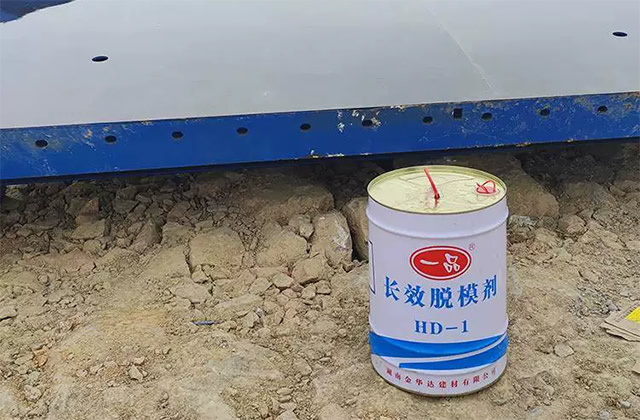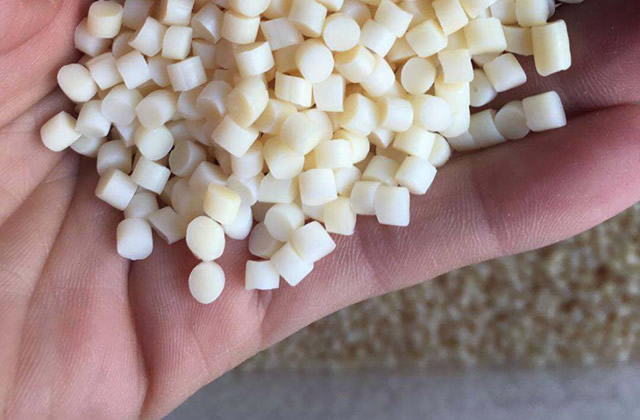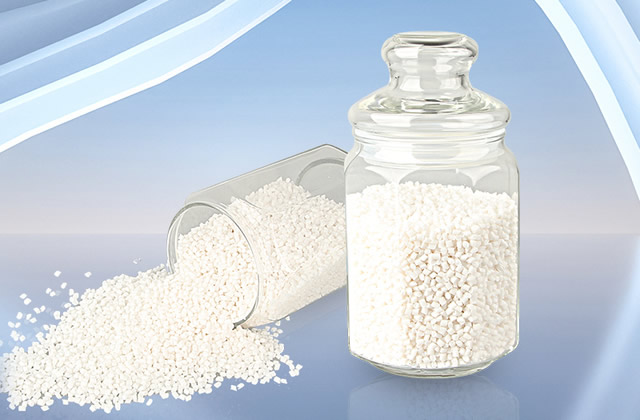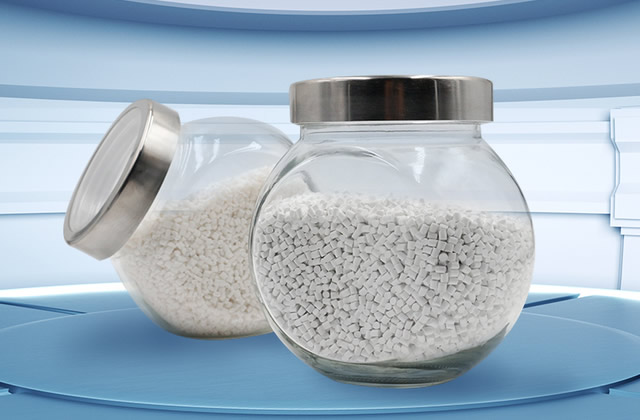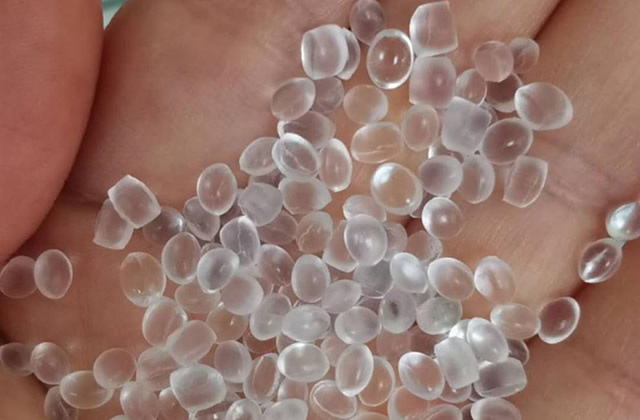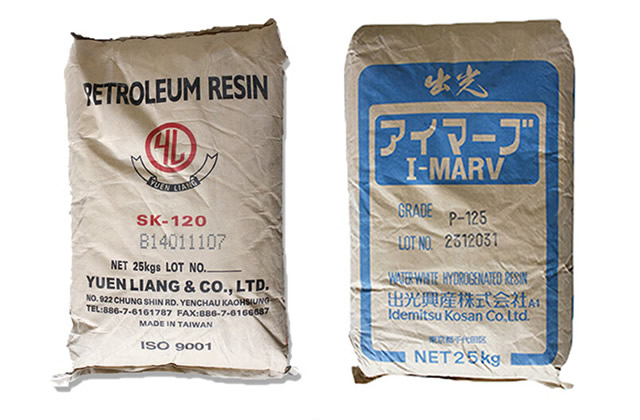1. There are several specifications of oxygen bottles
Oxygen bottles are pressure vessels that store oxygen and are used for oxygen supply. Its specifications and models are generally expressed in terms of capacity.
The common specifications of oxygen bottles on the market mainly include 4 liters, 8 liters, 10 liters, 15 liters and 40 liters. The 40 liter oxygen tank is a medical grade oxygen tank.
2. How to choose the specifications of the oxygen cylinder
When choosing the specifications of the oxygen cylinder, the following three aspects should be mainly considered:
1. Usage occasions
According to actual needs, select the specifications of the oxygen cylinder suitable for the occasion. For example, when using oxygen therapy at home, you can choose a 4L or 8L oxygen cylinder; while in a hospital or professional transportation, you need to use a larger oxygen cylinder.

2. Oxygen usage
Choose the appropriate volume based on the amount of oxygen needed. Normally, the greater the usage, the larger the volume of the oxygen cylinder.
3. Portability requirements
If you need to use oxygen bottles in the wild or outdoors, you need to choose a lighter oxygen bottle.
3. Where to check the specifications and models of oxygen bottles
In addition to asking the merchant when purchasing, the specifications and models of oxygen bottles can also be checked on the bottle body.
Generally, there will be a steel stamp on the shoulder of the oxygen cylinder, marking the working pressure, test pressure, volume, weight and other information. There are 13 pieces of information in total, represented by different numbers:
1. Filling gas name
2. Name or chemical formula
3. Gas cylinder number
4. Hydraulic test pressure (code is TP) MPA
5. Nominal working pressure (code is WP) MPA
6. Actual weight KQ
7. Actual volume (code V) L
8. Design wall thickness of the cylinder body MM
9. Unit code (consistent with the one registered with the issuing agency)
10. Year, month and day of gas cylinder manufacturing
11. Supervision and inspection mark
12. Gas cylinder manufacturing unit license number
13. Product standard number
If the website content violates your rights, please contact us to delete it。



